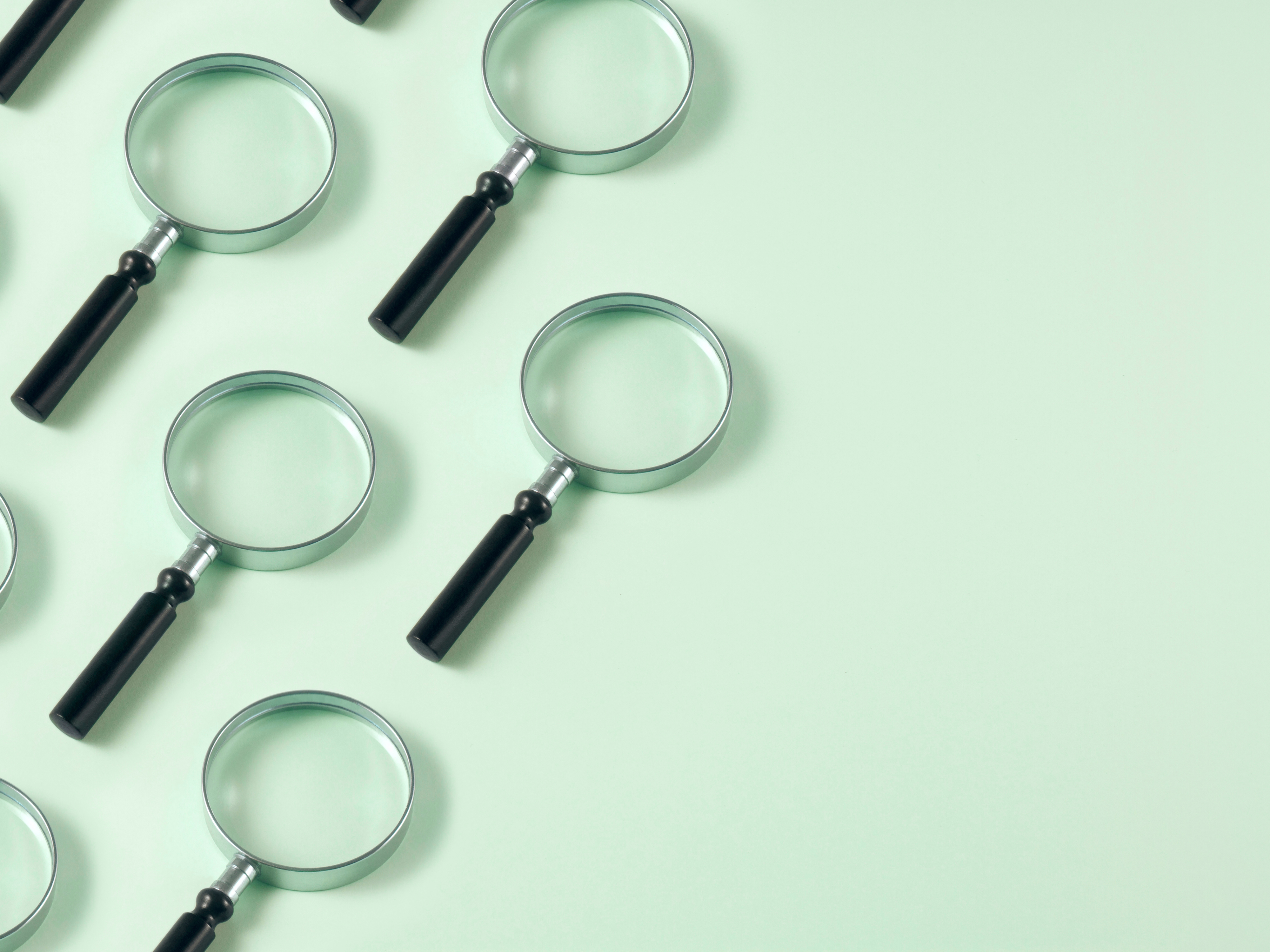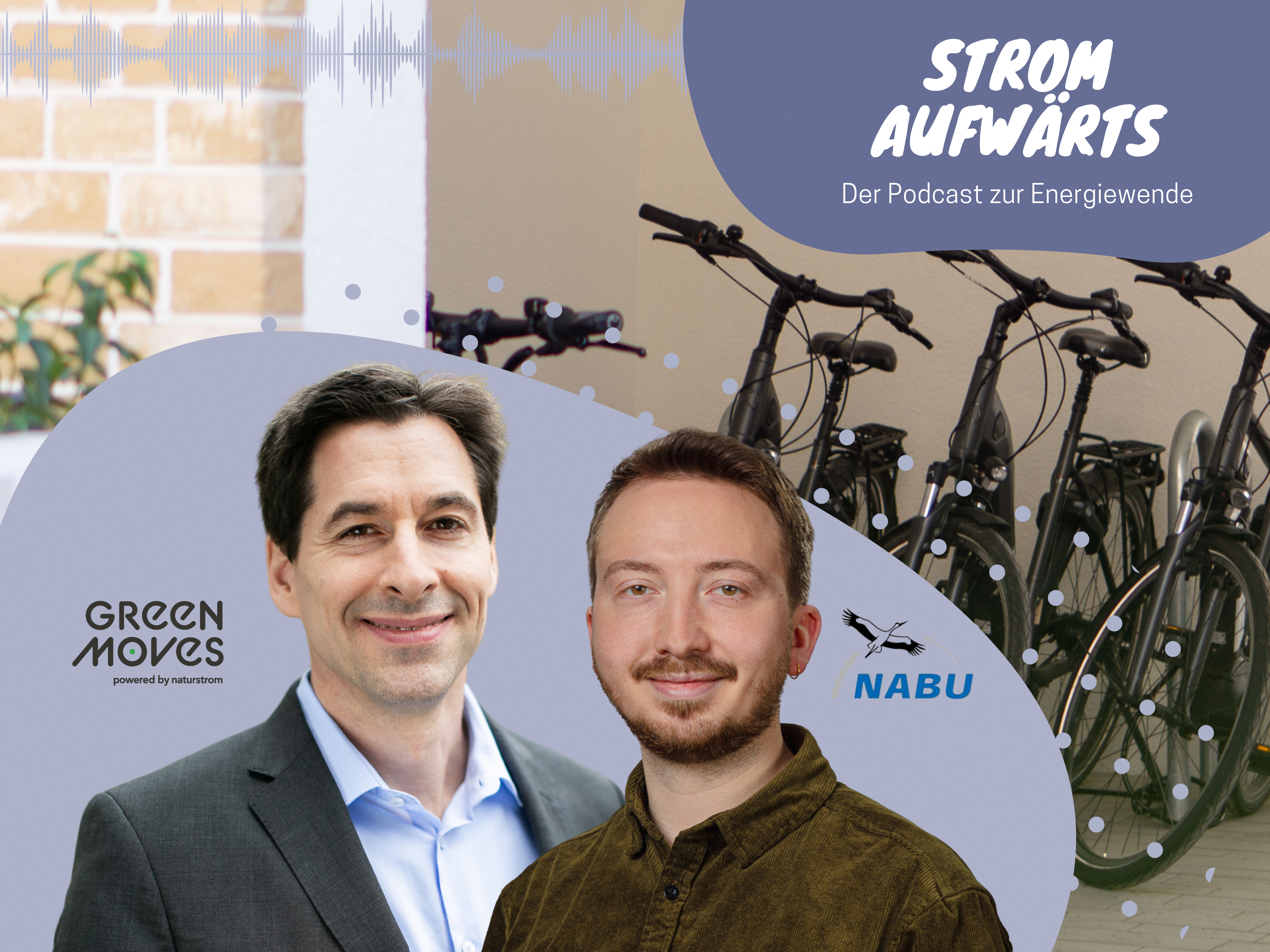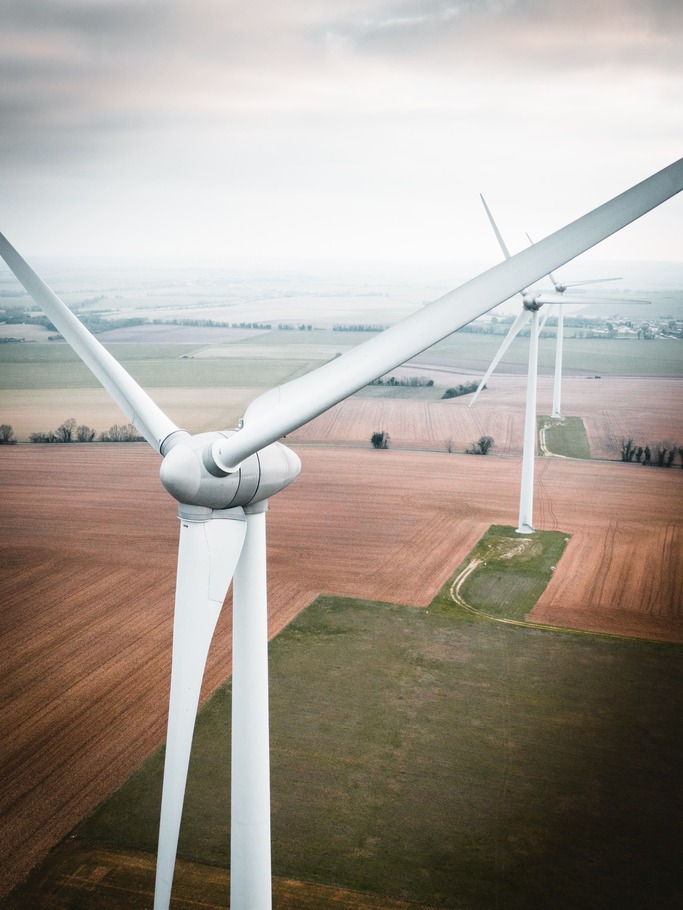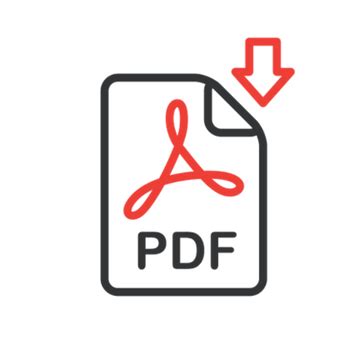The article "The Green gas Lie" by CORRECTIV illuminatedthat the promise made by many German energy suppliers on Consumers:inside, purchase a green gas tariff and thus achieve something good for the climateis often not honored. CORRECTIV could according to own reporting that 116 German gas suppliers have offered gas tariffs in the last 13 years that are far less environmentally friendly. are than promised.
According to CORRECTIV, these providers use CO2 credits from dubious offsetting projects to advertise their products as climate-friendly. Consumers are led to believe that they are actively contributing to environmental protection by purchasing these tariffs. Grüner Strom Label e.V., which certifies biogas tariffs with the Grünes Gas-Label, has a practice of basing the value proposition of gas tariffs solely on CO2 offsetting, has always been criticized.
In response to the article, the first gas suppliers have already discontinued their green gas products.
How is that possible?
The basis of many advertising promises of green gas tariffs was created solely through compensation payments, i.e. climate-damaging emissions generated in Germany - for example by heating with natural gas - are to be offset elsewhere, for example by protecting forests in Brazil or building hydroelectric power plants in India. Companies can buy the emissions saved in the form of CO2 credits to improve their carbon footprint. However, according to CORRECTIV's research, this compensation often fails to materialize.
An evaluation of the offsetting activities and carbon credits of 150 German gas suppliers and municipal utilities by CORRECTIV for a period from 2011 to 2024 shows that two thirds of the credits evaluated are questionable. According to a scientific assessment, these credits cannot plausibly prove that emissions were actually reduced or saved.
What impact does this have?
So-called green gas tariffs often do not contain any real biogas, but consist of 100 percent natural gas. And they usually contain no mechanism that contributes to the energy transition beyond the promise of CO2 compensation.
For the environment this means considerable damage, according to CORRECTIV: Around 10 million tons of climate-damaging CO2 have very likely not been saved or reduced in the last 13 years - contrary to what was promised. There is hardly any offsetting project that can plausibly prove that CO2 emissions have been permanently reduced or saved.
Consumers:inside of so-called green gas tariffs are misled by the green advertising claims and sometimes take out tariffs that have no benefit for the environment and are based on unhelpful compensation mechanisms.
What helps me when choosing gas tariffs?
CORRECTIV's research highlights the importance of transparency and clear standards in the opaque energy market. Consumers can look out for the Grünes Gas-Label when choosing gas tariffs: As a seal of quality, it identifies biogas tariffs that create added value for the energy transition.
It is the only biogas label in Germany that is supported by leading environmental organizations such as NABU and BUND.
What does the Grünes Gas-Label guarantee me?
- The Grünes Gas-Label does not base its value proposition on CO2 compensation.
- The seal of approval distinguishes gas tariffs with a genuine biogas component from so-called eco-gas tariffs, which ultimately still only supply regular natural gas.
- It guarantees that at least 10 percent of the biogas in the tariff is produced from substrates produced whose energy use makes sense. For example, biogenic residual and waste materials from municipal waste recycling, industry and manufacturing as well as agriculture.
- The criteria of the quality seal also stipulate a Mandatory investment by energy suppliers in the energy transition before. Through a biogas tariff with Grünes Gas-Label, a fixed amount (at least 0.2 cents/kWh) flows into the expansion of renewable energies and energy efficiency measures for every kilowatt hour consumed.
You can rely on it: Consumers who choose a tariff with the Grünes Gas-Label can rely on it: All certified products regularly undergo a standardized, independently validated test process in which compliance with the criteria must be proven.
That is still important: Legislative changes and, in particular, the energy market crisis from 2021 onwards brought considerable difficulties for the gas market and also changed the conditions for green gas-certified biogas. The availability of biogas produced in an environmentally friendly manner was not guaranteed for all providers of a green gas-certified biogas tariff between 2021 and 2022, or even in 2023 and 2024.
Energy suppliers who can prove that they were and are no longer able to cover their procurement of biomethane that meets the Grünes Gas-Label criteria under reasonable conditions can make use of a special regulation for a limited period (until 31.12.2024) and thus use biomethane instead of the minimum proportion of 10 percent that was actually planned.use conventional natural gas while complying with strict regulations. Although this temporary special regulation provides for compensation for the amount of biomethane substituted with natural gas, the core of the special regulation is that energy providers invest a fixed cent amount per kilowatt hour in specific energy transition projects to compensate for the portion of biomethane that cannot be procured and thus promote the expansion of renewable energies despite the difficult market situation.
Note
Biogas according to Grüner Strom Label e.V. definition: Natural gas-based tariff with blending quota of real biogas
Green gas according to Grüner Strom Label e.V. Definition: Purely natural gas-based tariff without biogas admixture
Energy providers can use the term "green gas" for their green gas-certified biogas tariff, even though it is actually a tariff with biogas added. Grüner Strom Label e.V. has no influence on the naming of the tariffs.








